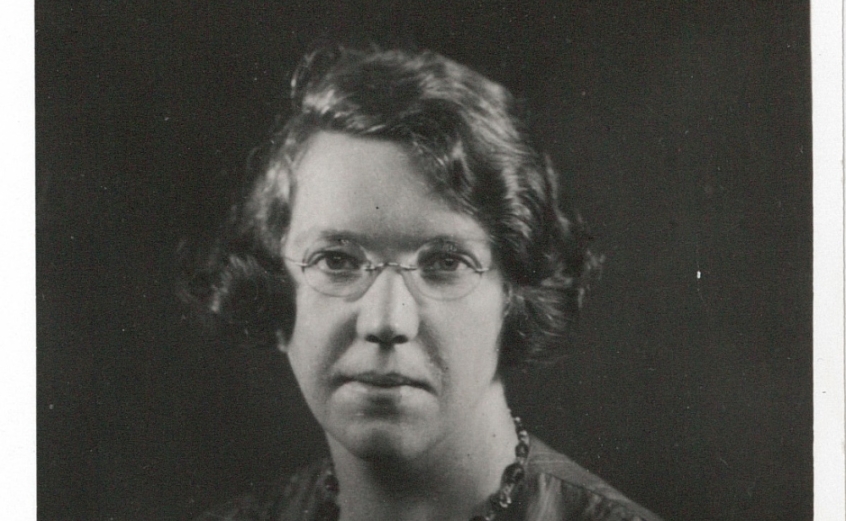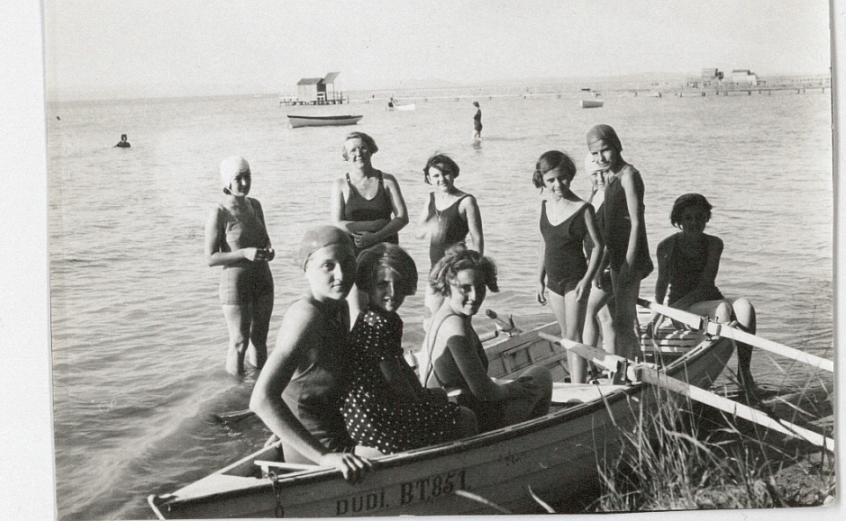
Plans are underway to remember a Church of Scotland missionary who gave her life to protect Jewish school girls during the Holocaust.
Jane Haining, from the village of Dunscore in Dumfries and Galloway, was matron at the Scottish Mission School in Budapest, Hungary, when World War II broke out in 1939.
Despite the risk to her own life, she refused to abandon "her girls", saying, "If these children need me in days of sunshine, how much more do they need me in days of darkness?"
She was eventually arrested by the Gestapo in April 1944 and died a few months later in Auschwitz at the age of 47.
Her bravery was recognised posthumously with a Heroine of the Holocaust medal by the UK Government. She is also the only Scot to be named Righteous Among the Nations at Yad Vashem, Israel's memorial to victims of the Holocaust.
A group of Christians and Jews have come together to form the Jane Haining Project to keep her story alive at a time of growing antisemitism.

The group is working with public agencies to launch a national essay-writing competition for schools, and develop a digital heritage trail app of notable places connected to both the Jewish community and the missionary.
Speaking ahead of Holocaust Memorial Day on Thursday, Church of Scotland minister and member of the project committee, Rev Ian Alexander, said: "Jane Haining showed tremendous courage in the face of intolerable evil and her heart-breaking and inspirational story is as important today as ever.
"We hope that the exciting two core activities that are currently being developed will help keep her memory alive for generations to come."
James Roberts, Christian Programme Manager with the Council of Christians and Jews, is also involved in the project.
"Jane Haining's story is one that young people can identify with and it evokes a strong emotional response," he said.
"By refusing to be a bystander, she demonstrated her loving kindness, her sense of fairness, justice and solidarity and her contempt of discrimination in her refusal to treat her Jewish pupils as 'the other'.
"In this light, the project aims to increase understanding, acceptance and kindness between individuals from different cultures and religious backgrounds and equip people to speak out against prejudice and take action to challenge antisemitism and discrimination."













